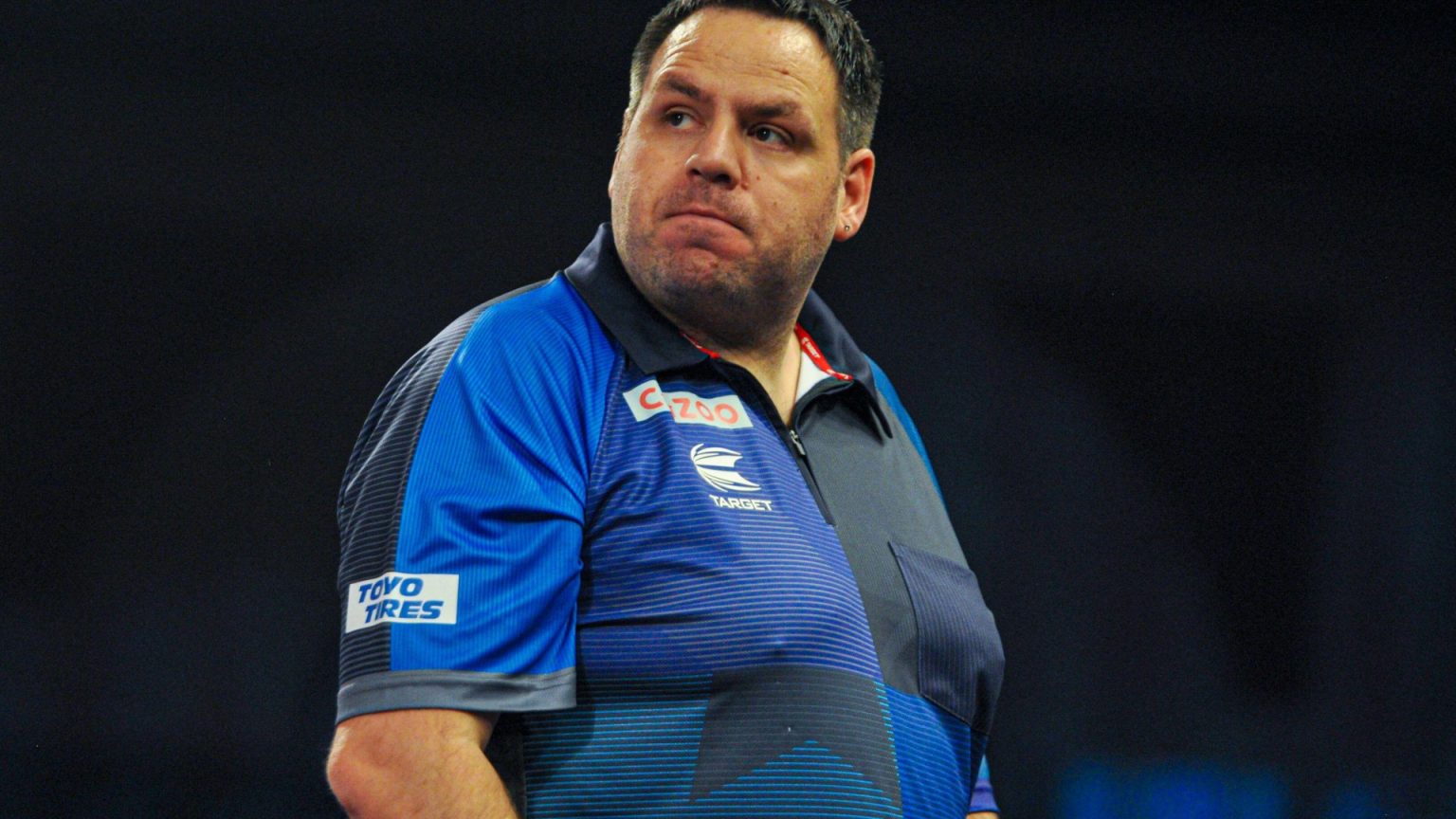Adrian Lewis, a prominent figure in the world of darts, finds himself at a career crossroads. Despite his impressive achievements, including two World Darts Championship titles and four World Cup victories alongside Phil Taylor, Lewis is on the verge of losing his professional status. His absence from televised tournaments since the UK Open in March 2023, coupled with inactivity in weekly events, signals a significant decline in his competitive engagement. Personal struggles have reportedly impacted his dedication and focus on the sport, culminating in his exclusion from the upcoming PDC World Darts Championship. This marks a stark contrast to his previous stature within the game, where his smooth throwing style and respected reputation positioned him amongst the sport’s elite.
As Lewis faces the prospect of starting anew, the question of preferential treatment arises. Given his past accomplishments, some might argue that he deserves special consideration, perhaps a wildcard entry into the 2025 season. However, Barry Hearn, a seasoned sports promoter, has explicitly ruled out any such concessions. Hearn emphasizes that current performance, not past glories, dictates a player’s standing. Lewis, like any other aspiring professional, will need to navigate the arduous path of Q School, a qualifying event where hundreds of hopefuls compete for a limited number of Tour Cards.
Q School, scheduled for January 6-12 at Milton Keynes’ Arena MK, represents a crucial juncture for Lewis’s comeback attempt. He will be competing alongside a mix of seasoned amateurs and rising stars, all vying for a spot on the professional circuit. This demanding tournament tests the mettle of participants, requiring consistent performance under pressure. The likes of Luke Littler and Luke Humphries, who have successfully emerged from Q School, serve as examples of the talent that Lewis will face. Hearn’s stance reinforces the principle of equal opportunity within the sport, underscoring that past achievements do not guarantee future success.
While acknowledging Lewis’s personal struggles, Hearn maintains that these are private matters for the player to resolve. He expresses empathy for Lewis’s situation but firmly asserts that the PDC cannot be held responsible for addressing personal challenges. The onus is on Lewis to overcome his difficulties and demonstrate his readiness to compete at the highest level. This unwavering stance reinforces the professional nature of the sport, emphasizing that performance on the oche is paramount. Lewis’s journey back to the professional ranks rests solely on his ability to regain his form and compete effectively in Q School.
The upcoming World Darts Championship, beginning on Sunday at Ally Pally, will proceed without Lewis. The full draw has been released, featuring a mix of established names and newcomers. The tournament format pits seeded players against qualifiers from the first round, creating a dynamic and unpredictable competition. The lineup includes prominent figures like Luke Humphries, Raymond van Barneveld, James Wade, and Peter Wright, alongside emerging talents vying for their breakthrough moment. This diverse field highlights the depth of talent within the sport and underscores the competitive landscape that Lewis will need to navigate upon his return.
In essence, Adrian Lewis’s situation represents a poignant reminder of the fluctuating nature of professional sports. His journey from two-time world champion to the brink of losing his professional status underscores the importance of sustained performance and the unwavering standards of professional competition. The upcoming Q School will serve as a critical proving ground for Lewis, offering him the opportunity to reclaim his place among the darts elite. His success will depend on his ability to overcome personal challenges, regain his competitive edge, and navigate the demanding path back to professional darts.


